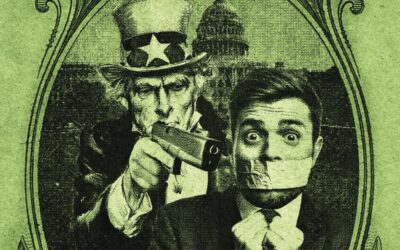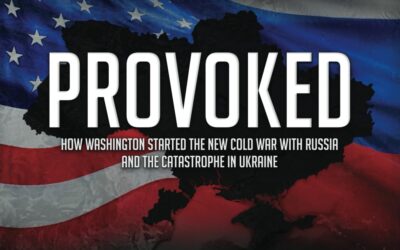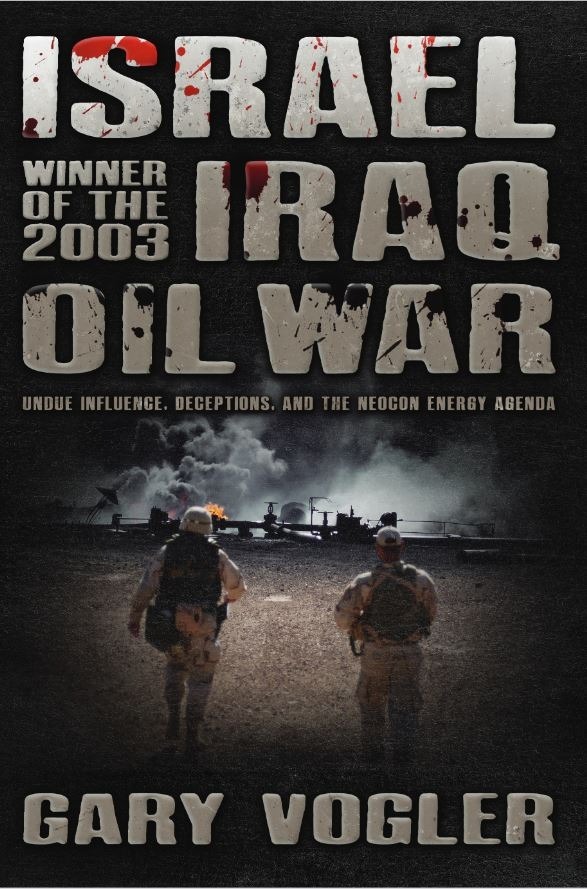My article "Complete Liberalism" prompted an unexpected challenge. An interlocutor, who says he owns a business and thus is not antibusiness, claimed that my article suggested that, unlike government regulators, businesses never get things wrong. Yet business failures...


















